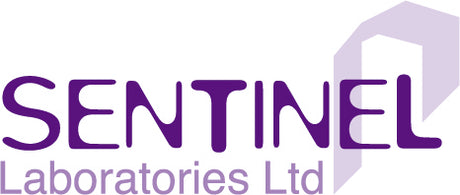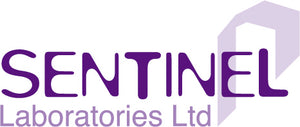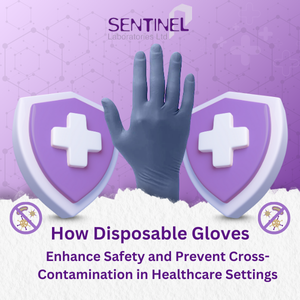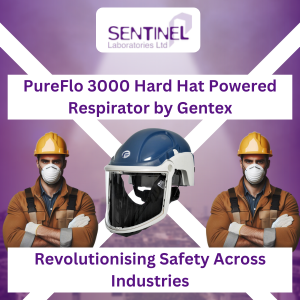PPE, Recycling and You
Why recycle?
Why wouldn't you?
When we think of recycling we think of plastic bottles, glass jars, cereal boxes. What we never think about is recycling our PPE. Well, with the COVID-19 pandemic there has been a global rise in PPE usage especially in the disposable range and more and more PPE manufacturers and independent companies have started pushing the recycling of PPE.
Recycling helps protect the environment (Source)
Recycling reduces the need for extracting (mining, quarrying and logging), refining and processing raw materials all of which create substantial air and water pollution. As recycling saves energy it also reduces greenhouse gas emissions, which helps to tackle climate change
Recycling saves energy
Using recycled materials in the manufacturing process uses considerably less energy than that required for producing new products from raw materials – even when comparing all associated costs, like transport.Plus there are extra energy savings because more energy is required to extract, refine, transport and process raw materials ready for industry compared with providing industry-ready materials.
Recycling reduces landfill
When we recycle, recyclable materials are reprocessed into new products, and as a result the amount of rubbish sent to landfill sites reduces. There are over 1,500 landfill sites in the UK, and in 2001, these sites produced a quarter of the UK's emissions of methane, a powerful greenhouse gas.
How to recycle?
It works much the same way as normal recycling, you put your used masks and gloves in a dedicated PPE recycling container and once full send it off to be recycled. Bare in mind though most places currently do not accept some types of PPE:
Not Acceptable: Cloth, DIY or paper face masks and PPE used in healthcare facilities.
Acceptable: Standard disposable masks that are made from PP (polypropylene), plastic gloves, visors and face screens, safety gear (helmets, bump caps), goggles, safety spectacles, earplugs, plastic overalls and clothing covers.
How much is really recycled?
Although the process can be more expensive than normal recycling, similar methods are used to recycle PPE.
- The metals are manually removed and sent locally for smelting into new bar stock and metal sheeting.
- The polypropylene-dominant mixture from the face mask is densified into a crumb-like raw material that’s used in plastic lumber and composite decking applications.
- The elastane or rubber band portion is ground into a fine mesh regrind and mixed with recycled plastics as an additive to provide flexibility and malleability to products.
- Gloves are processed into a rubberized powder which is used for flooring tiles, playground surface covers and even athletic fields.
All in all, PPE is just as recyclable as your day to day recycling and in doing so we can significantly reduce our landfill waste, especially with the sharp increase in PPE usage now is the best time to look into your local PPE recycling company and get signed up.
There are a few large companies who offer this who will be listed below but it is becoming less and less difficult to find a local PPE recycler.
Sources:





Leave a comment